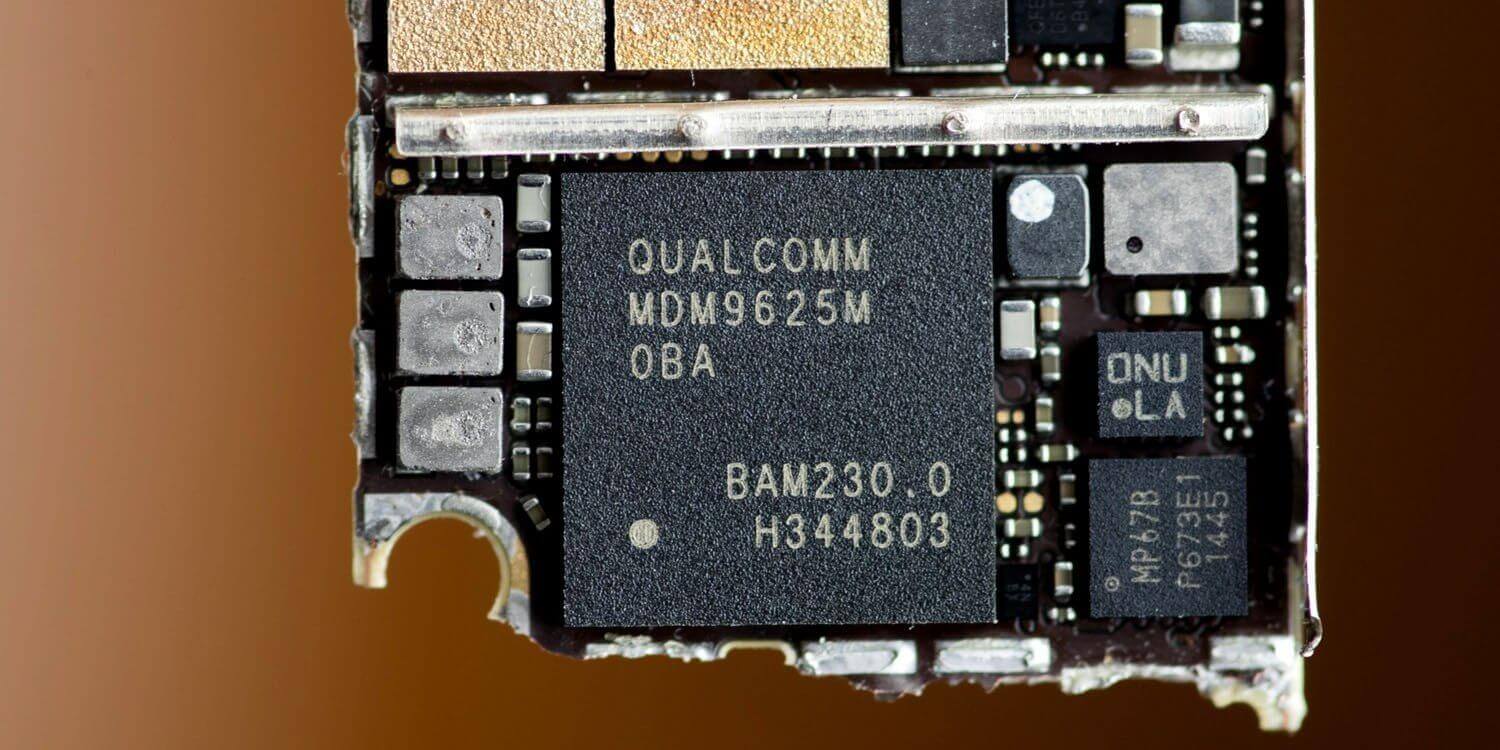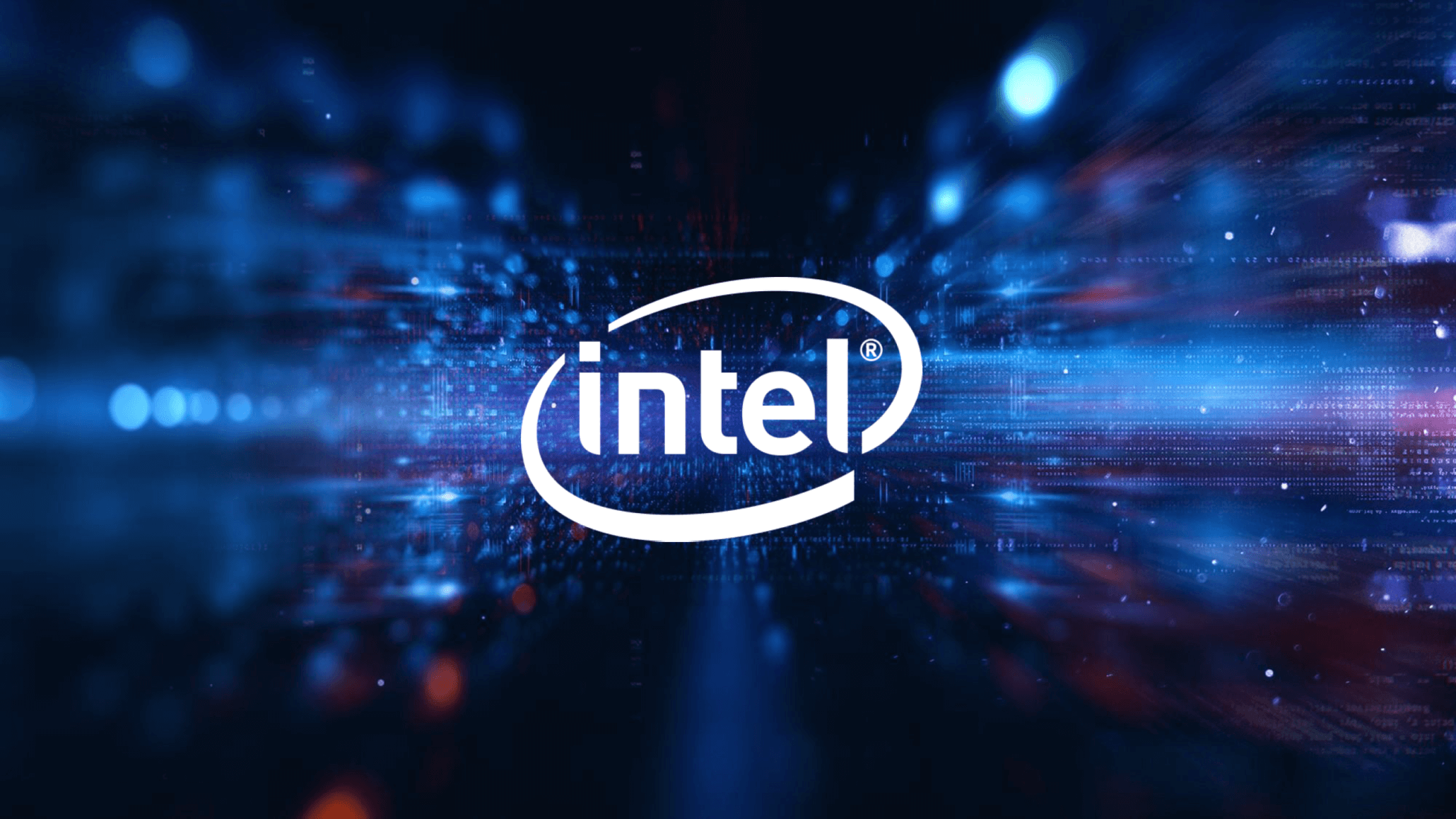In context: In a world where smartphone makers and PC OEMs say 5G is the future of connectivity, Intel lost the ability to compete with Qualcomm because of the latter's anticompetitive licensing deals. That means there's less competition in the modem space, which is terrible news for both consumers and manufacturers.
Earlier this year, Apple poached Intel's lead 5G phone modem developer, which is widely believed to have prompted the latter's exit from that market. In July, news broke that Intel had signed an agreement with the Cupertino giant to hand over its 5G modem division for $1 billion.
It looks like Intel thinks the deal was grossly undervalued. The company describes it as a "multi-billion dollar loss," and alleges that rival chipmaker Qualcomm essentially created conditions that forced it out of the market.
At the time of the announcement, Intel was quite open about its reasons, noting that "it has become apparent that there is no clear path to profitability and positive returns." Now it's clear they were talking about Qualcomm, which is currently embroiled in an FTC antitrust probe.
Qualcomm has been trying to overturn the most recent ruling, so Intel filed a brief at the 9th US Circuit Court of Appeals that supports the FTC's decision. In it, the company explains that Qualcomm has crafted its licensing arrangements for its CDMA and LTE intellectual property in a way that chokes out potential competitors.
Specifically, Qualcomm implemented a "no license, no chips" policy that prevents OEMs from buying its chips unless they agree to a patent deal that made it expensive to enter supply agreements with rival chipmakers.

Image credit: Brent Lewin via Bloomberg
In a blog post accompanying the filing, Intel's General Counsel Seven Rodgers notes that "Intel suffered the brunt of Qualcomm's anticompetitive behavior, was denied opportunities in the modem market, was prevented from making sales to customers, and was forced to sell at prices artificially skewed by Qualcomm."
The silicon giant says it "invested billions, hired thousands, acquired two companies and built innovative world-class products that eventually made their way into Apple's industry-leading iPhones, including the most recently released iPhone 11."
In the end, that wasn't enough to make a difference, especially after Qualcomm settled all litigation with Apple in exchange for gaining the privilege of being the supplier of modems for the iPhone maker for the next six years.
Intel also pointed at Qualcomm's antitrust fines of $1 billion in China, $850 million in Korea, $1.2 billion in the EU, and $773 million in Taiwan, which it managed to reduce to $93 million. Then there's the infamous case of predatory pricing on 3G modems that killed some of its competitors and only resulted in a $272 million fine that arrived too late to save any of them from being shuttered.
In any case, Intel will still continue to sell its 4G modems in PCs, but the chipmaker is effectively abandoning the modem business in the near future. A sign of this is the recent deal with Mediatek to integrate its 5G modems on Intel-based laptops.
